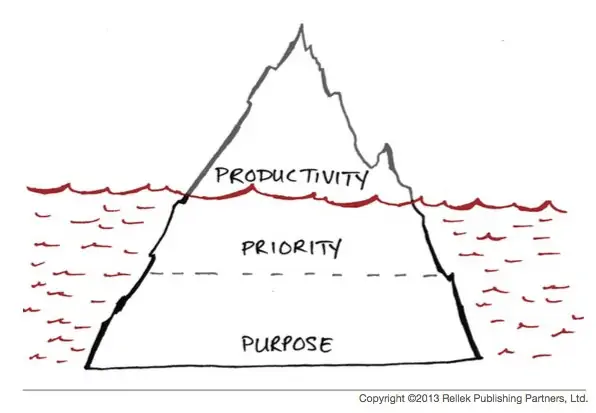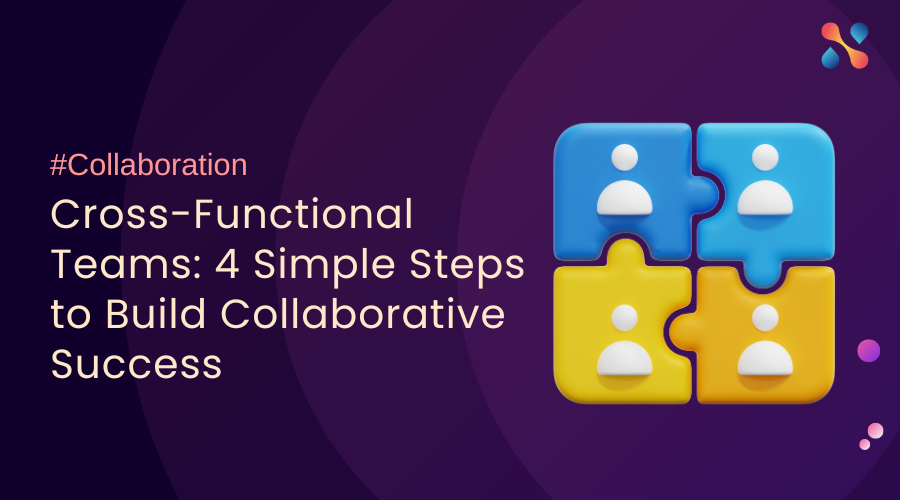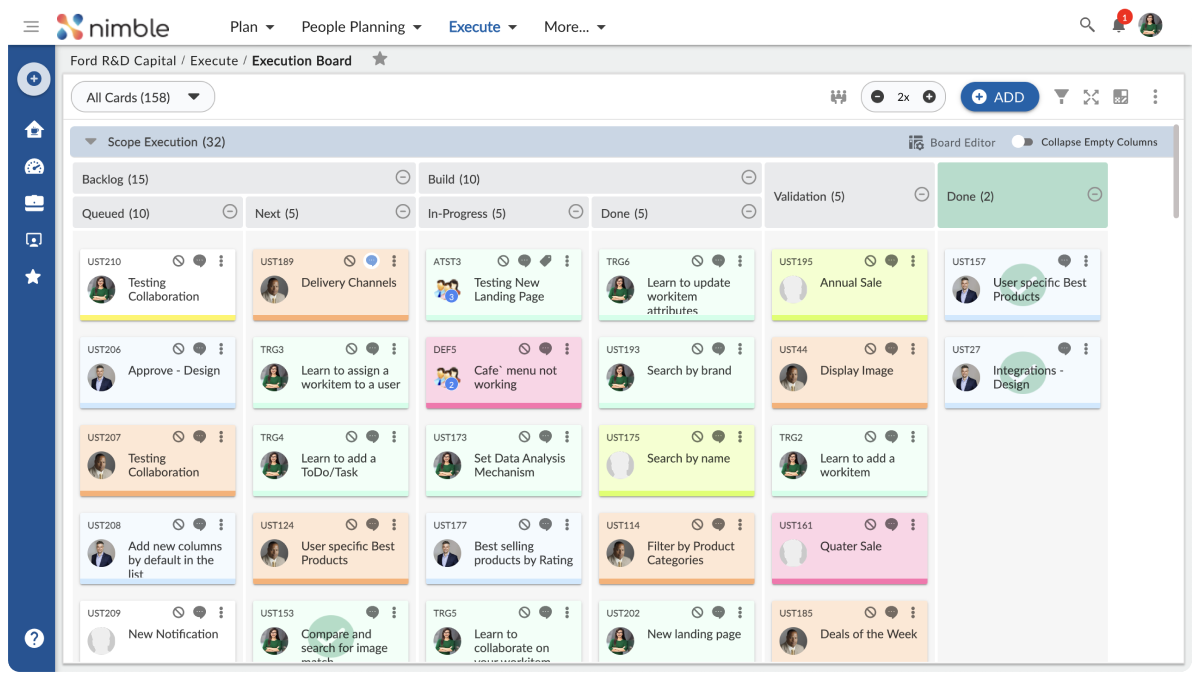(This is a series of blogs of my thoughts on the most important of human endeavors, Work and its associated things like Productivity and Processes. This is second in the series).
In my last blog, The Enigma of Employee Productivity, we had explored and discussed about deep meaning at work, motivation at work and productivity. We argued and pointed to many prominent research/ study findings which showed us that (a) the majority of the workforce across organizations globally is not engaged at work, (b) for “higher level” work that requires creativity and innovation, traditional management motivation methods including incentives and monetary rewards don’t work, these methods seemed to be made for the industrial era and are ill equipped for the modern knowledge era. The shining light are these positive deviants; examples of how teams achieve extraordinary productivity and performance. Purpose seems to be one such reason for motivation and in this blog we will explore purpose and meaning a little further and see if we can get any additional insights.
Creating purpose and meaning for oneself is a big challenge and many people spend their whole lives without having one. Given this, one can only imagine how difficult it is to create purpose for their teams or company.
Source: the1thing.com
Also, since finding purpose is an individual endeavor, it is inherently intrinsic. However, companies and managers can do a lot to facilitate this process. The legendary former CEO of Medtronic (maker of medical devices), Bill George (now Professor at Harvard, www.billgeorge.org), introduced a practice of having a few patients come and address their annual employee gathering and tell their life stories of how the Medtronic devices they had inside their bodies gave them a fresh shot at life. What better motivation and purpose for the employees to make better heart valves!
One can argue that Medtronic is in an enviable position where they make medical devices that are a matter of life and death and these devices have dramatic impact. Most of us in our ordinary jobs, in software companies or otherwise, don’t have an opportunity to create this kind of impact and often we have frivolous pursuits by comparison. How do we create a purpose in this kind of situation?
Prof. Adam Grant is the youngest full time professor and highest-rated teacher at Wharton Business School. As a consultant, he has done a series of real life experiments with cold calling center executives. This team would cold call alumni for donations, had a less than 1% success rate, and over 400% turn over rate. All traditional interventions and methods were of no avail. Being a sales person it is a job I closely associate with. It is a thankless job that has very high rejection rates and puts a dagger in the heart of the caller at the end of every day.
As an experiment, Prof Adam Grant asked one of the beneficiaries of this donation, a shy and inarticulate young student, who could barely make eye contact, let alone talk in public to a group of people, to address the call center employees and to tell her life story about how these donations gave her a chance for education and a decent life. The team productivity more than doubled and turnover reduced over 3 times.
No other managerial intervention – no amount of pep talk, no amount of pounding the table, no amount of reviews, no amount of monitoring, no amount of processes or systems could match anywhere near the impact that this simple step had on the team. And the beauty was that this motivation did not even come from the managers.
There are many other subtle messages in this simple practice. For starters, the manager has to subdue his ego to be the one giving purpose and motivation. Secondly, more authentic and unscripted the message, the better is the result.
Aaron Hurst, CEO of Imperative, Author and Founder of Taproot Foundation (www.taprootfoundation.org/) pushes the purpose argument a lot further. In my mind he has conceptualized very well a model that seems to make some sense of this. As we move from an industrial society where many of us struggled to meet basic needs to a situation where at least in wealthy countries for younger people joining the workforce meeting basic needs is not a worry, what people are looking for most is a purpose. So companies and economies will evolve around purpose in the future and we may see a “Purpose Economy” in the future.
Let us push against this and make a hard counter argument. All this is fine, but in real war zone situation, which is the daily life in most companies today, it doesn’t work. As someone whose father was in the military I know it is top down command and control that works in a war zone. It is time to see if this assumption is true today.
David Marquet is a former US Nuclear Submarine Commander. In the military school of thinking, there are leaders and there are followers. This would mean bulk of the people are followers. The commander gives orders and the rest of the team follows his orders. It struck David that this is a rather inefficient and ineffective model that doesn’t harness the energy and initiative of the majority of the fantastic first rate people in the submarine. He experimented with a leader-leader model. One of the key components in this model is “intent” which is synonymous to “purpose”. After implementing his approach on the USS Santa Fe, not only did the ship go from worst to first within 2 years but created a highly disproportionate number of subsequent leaders.
My hypothesis is that by drawing out the entire value chain we are able to communicate our purpose better.
In conclusion, as leaders, the biggest challenge for us is to think and communicate the authentic and true “Purpose”, the “Why”, the “Intent”. This has a disproportionate leverage on the productivity of teams. In our next blog we will pick the thread from here and explore other dimensions of productivity and new ways of working.







